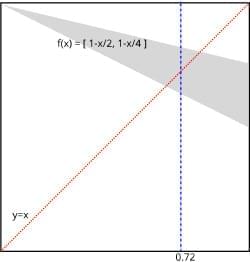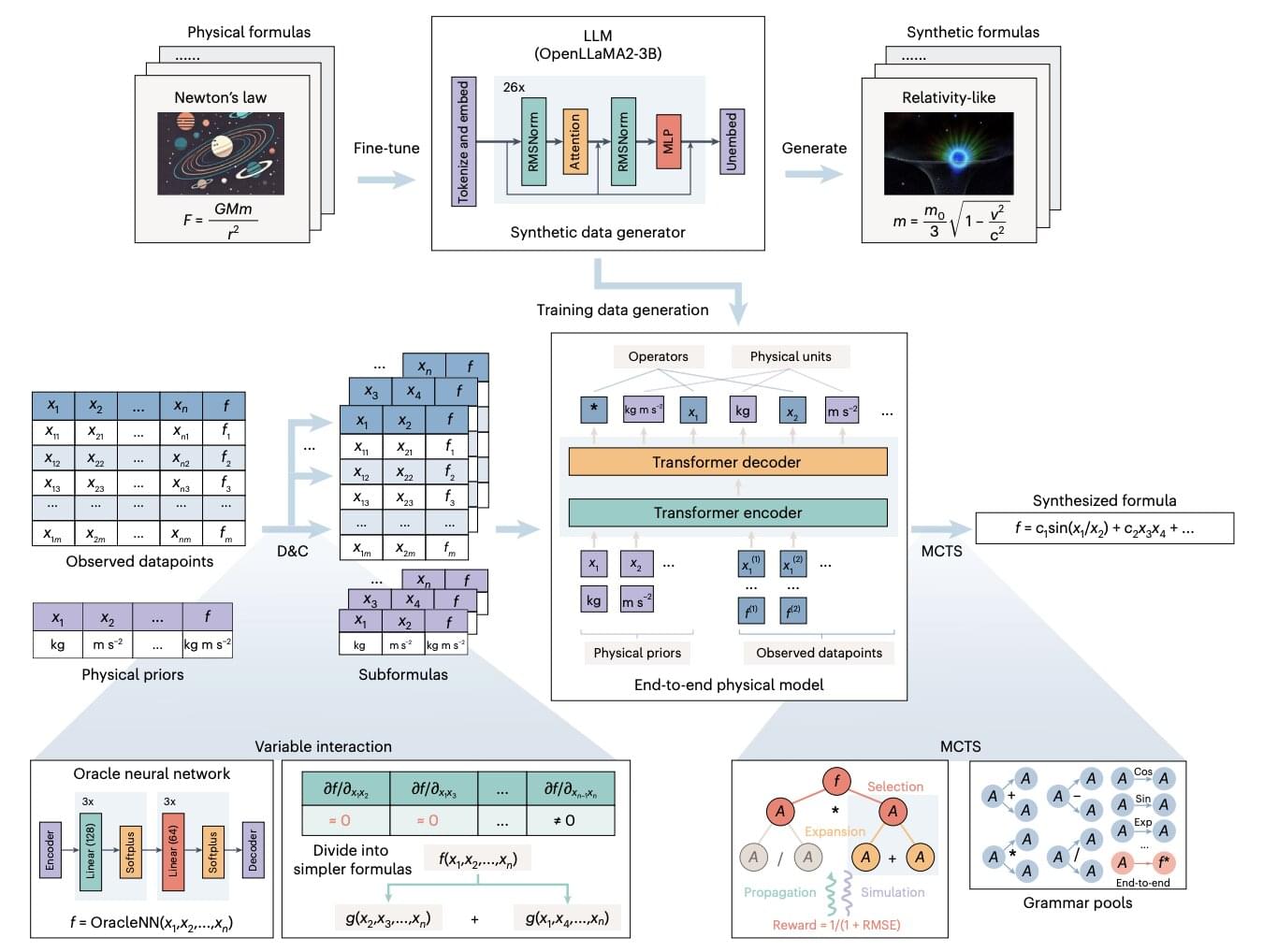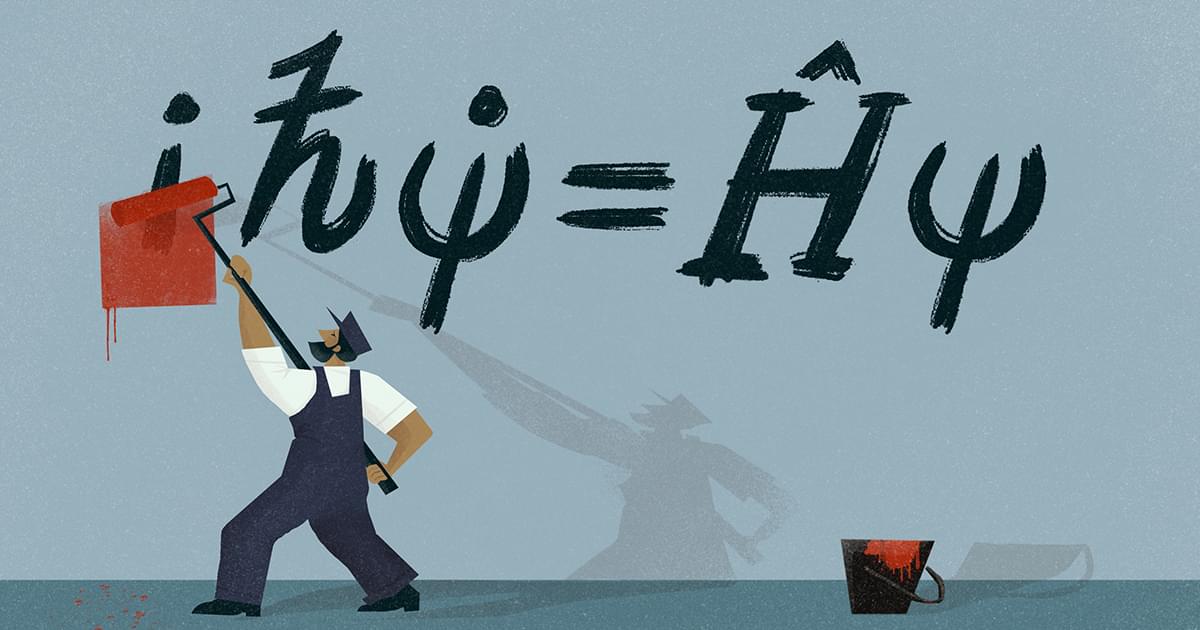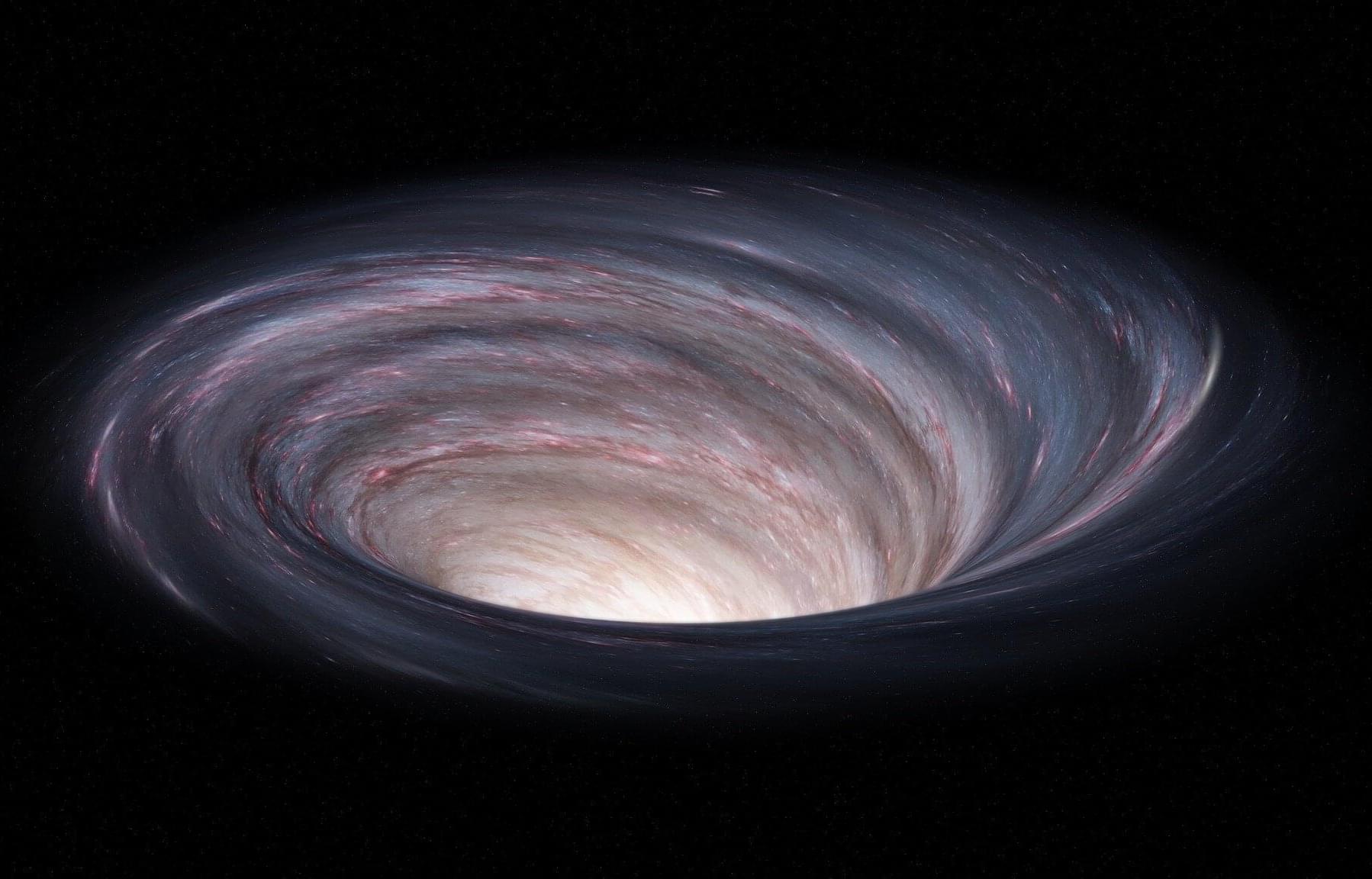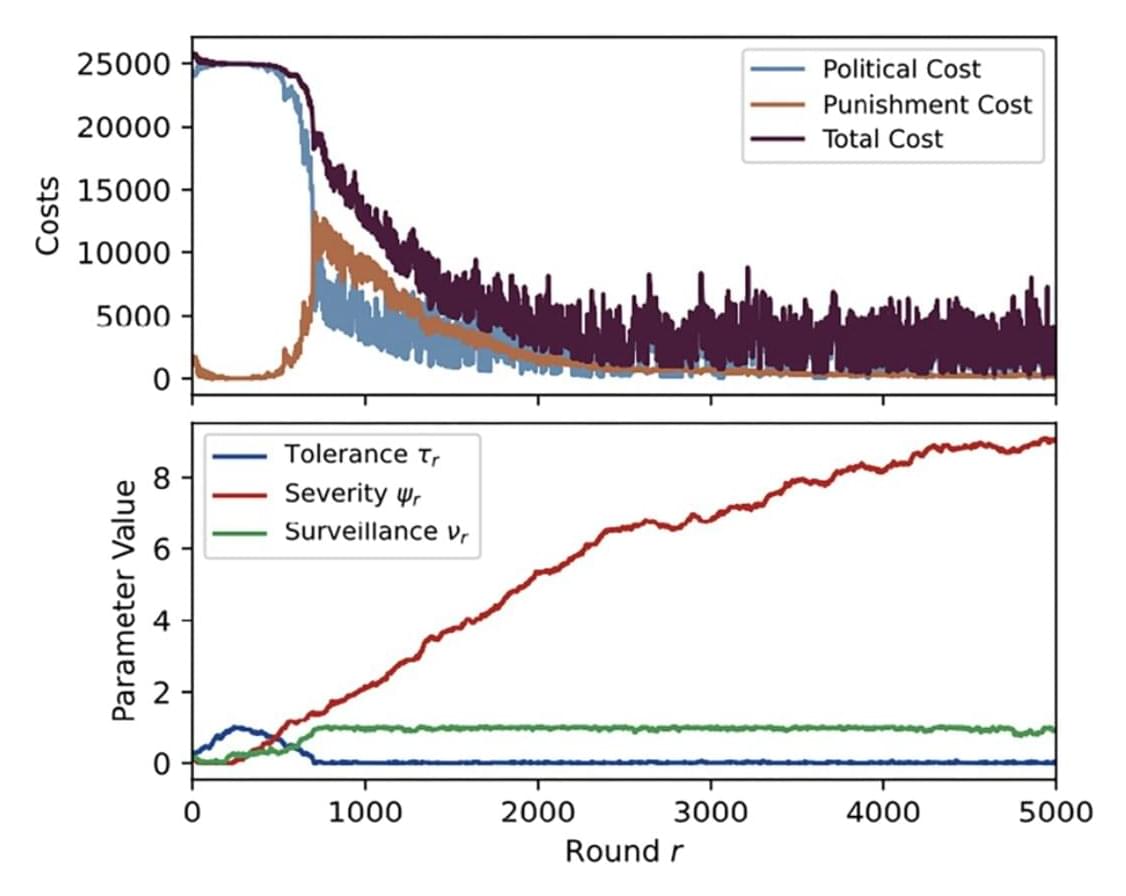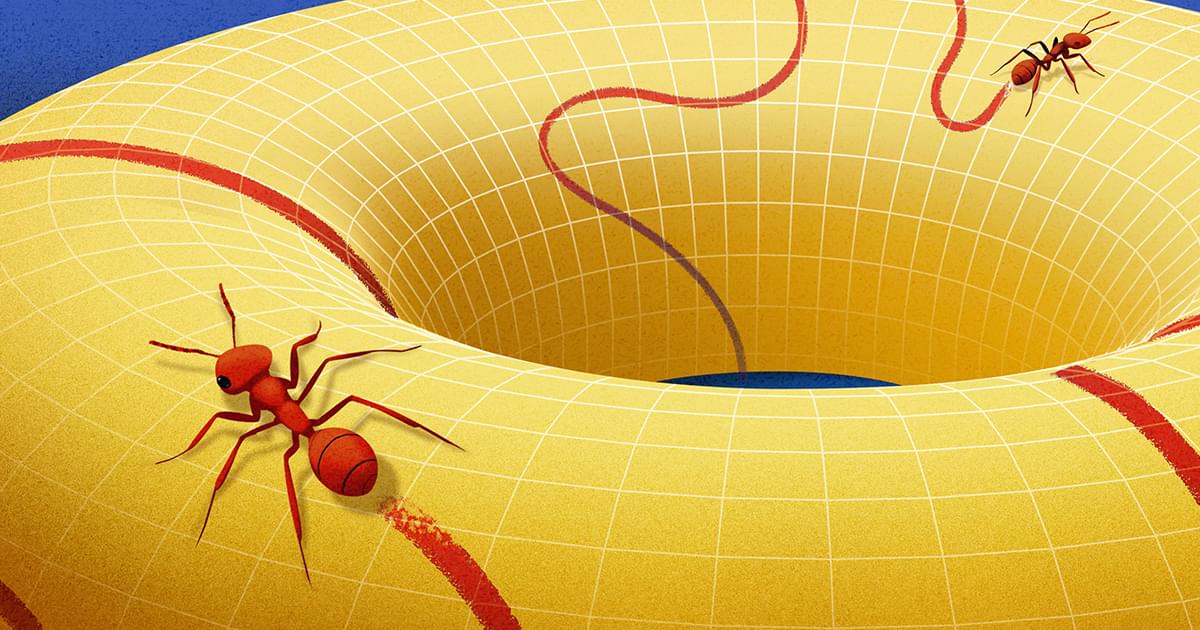In mathematical analysis, the Kakutani fixed-point theorem is a fixed-point theorem for set-valued functions. It provides sufficient conditions for a set-valued function defined on a convex, compact subset of a Euclidean space to have a fixed point, i.e. a point which is mapped to a set containing it. The Kakutani fixed point theorem is a generalization of the Brouwer fixed point theorem. The Brouwer fixed point theorem is a fundamental result in topology which proves the existence of fixed points for continuous functions defined on compact, convex subsets of Euclidean spaces. Kakutani’s theorem extends this to set-valued functions.
